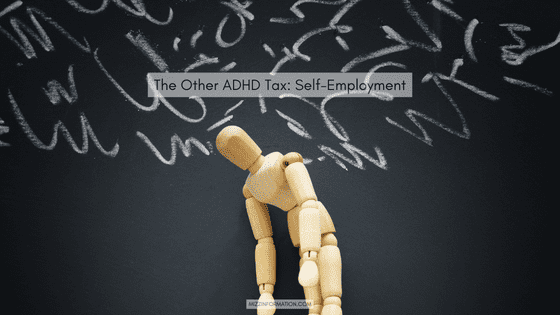Hey, it’s only been 10000 minutes–I figure it’s time for a post over here on dusty ole Mizz Information. I only have a few minutes because remember how I wrote about job hunting back in April? Well, three months of dedicated cover letter-writing, applying, interviewing and thank you emails resulted in…me remaining self-employed because working is working, amirite?
Remember that other time I wrote about the diversity that is totally missing from any discourse about DEI, neurodiversity? I’ve actually done quite a bit of reading, writing, learning and even speaking about the topic, and once my current glut of all work/no play is over, I intend to get back to it because I really think it’s well past time to start talking about the importance of different brains in the workplace and, accordingly, the importance of including neurodiversity as part of any DEI initiative.
I’ll come back for the neurodiversity part–in the meantime, here’s a handout [PDF] I created for a panel I was part of at the now-disbanded (don’t even get me started) Association Media & Publishing conference panel on the importance of understanding/embracing neurodiversity in the workplace.
If you know anything about ADHD, especially in adults, you’re probably familiar with the concept of the ADHD tax. I’ve been thinking about this a lot lately, especially in relation to the non-financial burdens that are just part and parcel of being neurodivergent. (BTW, I’ll stop here and clarify/point out that when I use the term neurodivergent/neurodiversity, here’s a good explanation of what I mean, from the excellent EARN website.)
Neurodiversity describes the natural way that people think, learn, perceive the world, interact, and process information differently. Different ways of thinking, learning, perceiving the world, and interacting with others helps organizations thrive, as a workforce that includes people with a variety of perspectives, backgrounds and experiences can improve creativity, innovation and problem solving.
Neurodivergent people include autistic people; people with attention deficit hyperactivity disorder (ADHD), post-traumatic stress disorder (PTSD) and other mental health conditions; and people with learning disabilities. This group also includes people with other intellectual and developmental disabilities and a wide range of conditions that can shape thinking, learning, and perceiving the world. In contrast, people whose brains and nervous systems function “typically” are known as neurotypical people. A workplace that supports all types of ways to think, learn, interact, and perceive the world supports neurodiversity.
Increasingly, many people in the U.S. and around the world identify as neurodivergent. Research suggests that up to 15-20% of the U.S. population is neurodivergent. You likely know, work alongside, and socialize with a significant number of people who are neurodivergent, including family members, coworkers, colleagues, and friends. No two neurodivergent people are exactly alike. Thus, each neurodivergent person will bring a different set of skills and talents to the workplace and have different access and support needs.
EARN, “Defining Neurodiversity and Neurodivergence”
So back to the ADHD tax because…well, I’ll write about time blindness next time…
Being self-employed has its pros and cons. For me, that’s definitely true; however, it’s been leaning much further into cons territory for a while now. The isolation, the lack of ability to plan/earn a reliable income, all the costs and time-sucks that come with being a business owner, etc. I don’t have a stat handy on this and don’t have time to find one, but a lot of neurodivergent people are underemployed, unemployed or self-employed. Essentially that’s because, at least in my case, after spending years trying to navigate workplace politics, commuting, being able to focus and be productive from 9 am – 5 pm in an office environment, etc, it just seemed easier in a lot of respects to work for myself.
That’s great…if you want to be self-employed. But at the same time, it’s also really sad and hard, to be honest. And it also highlights why workplaces really need to start understanding neurodiversity and the imperative of including it as part of DEI efforts both strategic and in terms of hiring/employee engagement/retention. I want to work. I have great skills and great references. The fact that, like other ADHD tax things, finding, applying and interviewing for, being hired and being able to do my best work/be an asset to an organization–it just seems so elusive…and it absolutely shouldn’t. Not just for me–for the myriad neurodivergent people in the US (I say US because outside the US, neurodiversity is much more accepted and integrated into workplace initiatives).
So anyway, that’s my thought for the day, as I get down to business and try to ignore the gnawing anxiety that, come November, it’s back to the drawing board in terms of finding paid work. And given the association job market/my experience trying to get hired for a good four month period, it seems likely that self-employment/gig work will probably be easier (at least in the short term) to come by–especially since “holiday season” seems to extend from November through about mid-January for associations, and then again from about May until mid-September.
Thanks for reading! My intention (note: INTENTION lol) is to start writing about neurodiversity in the workplace, and this seems like as good a place as any to do it for now.

Leave a Reply